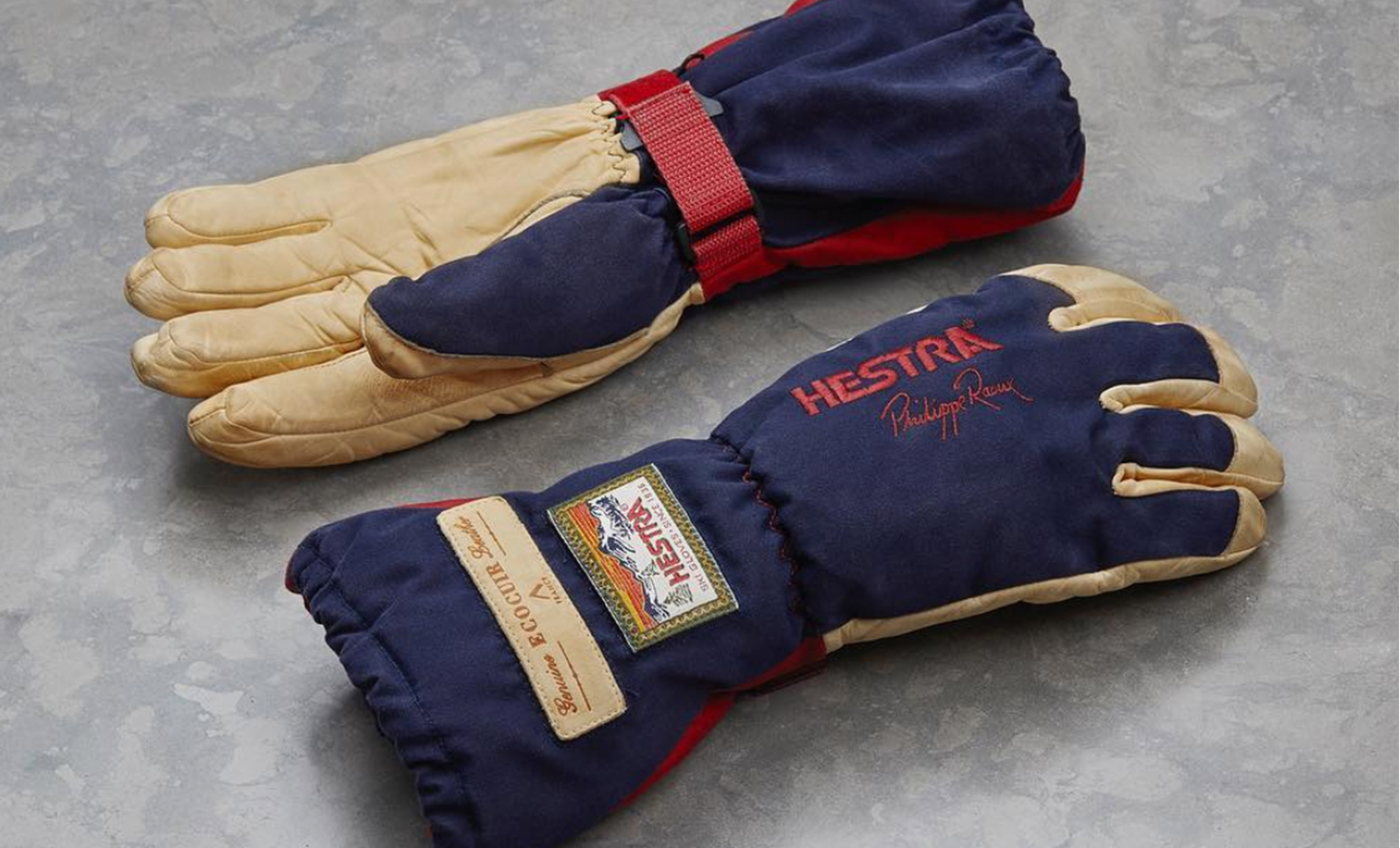
The company Hestra, Martin Magnusson & Co. AB, was founded in 1936 by grandfather Martin Magnusson in the small village of Hestra in the forests of district Småland. The winters were long, cold and snowy and the forest workers had a hard time keeping themselves warm. Martin Magnusson had personal experience from working in timber forests and farming, which had taught him how important it was to protect your hands. He started his own company to make quality leather and wool gloves that managed to keep the cold away. Later, when a ski slope was founded in the are, the clientele grew. Today, Hestra gloves can be found on 25 markets around the world and the company offers both gloves for the active as well as more dressed fashion gloves.
Hi Svante, you run the company Hestra with your brother Claes and you are the third generation of Magnussons. Tell us how everything started!
“Claes and I belong to the 3rd generation and entered the company in the 80’s. The company was then quite small and had a turnover of around SEK 15 million. Today, we the turnover is SEK 450 million (2018/19) and we have about 600 employees in Sweden, Norway, Germany, the United States and in our four factories in China, Hungary and Vietnam. Our export share is about 70%. The biggest segment is sports gloves, followed by dressed gloves and a third segment is occupational gloves.”
Sustainability is one of Hestra’s core values, in what way is sustainability important to you?
“We grew up with sustainability long before the word became a term. We learned from an early age that gloves should be sustainable, with the meaning lasting for a long time. A message we’ve taken with us along the way and an idea very much present when we develop new products. Early on, we offered sports gloves with removable lining as the lining wears out faster than the outer glove. Instead of buying a brand new glove you can change the lining. It reduces the environmental impact and as well as the cost for the wearer. We also offer repair services of gloves and the replacement of lining in dressed gloves. You also have to have a good system of quality control, of chemicals and the working environment for the employees. We have been certified with ISO 9001 Quality System and ISO 14001 Environmental Management System for many years now.”
You are represented in several of the major markets around the world and use distributors in most markets. Why have you chosen to work with distributors?
“When we started exporting 30 years ago, it was a natural choice to do so through a distributor. There are several advantages: you reduce the risk in inventory and have no credit risk on sales to end customers. Neither does it require any major investments from the brand. A distributor know the market, cultural differences, the language, etc. There are disadvantages, too, as there is less transparency and control over how the products are distributed and through which channels. The products become somewhat more expensive due to another trade level, which could cause problems as there today is such transparency regarding prices online. We have proceeded to sell directly to stores in our neighboring countries and in central Europe. We have our own affiliated companies in some countries, such as the USA, Germany and Norway. But we still have distributors in several markets where it feels natural, for example in Japan, Canada, Switzerland, France and Italy.”